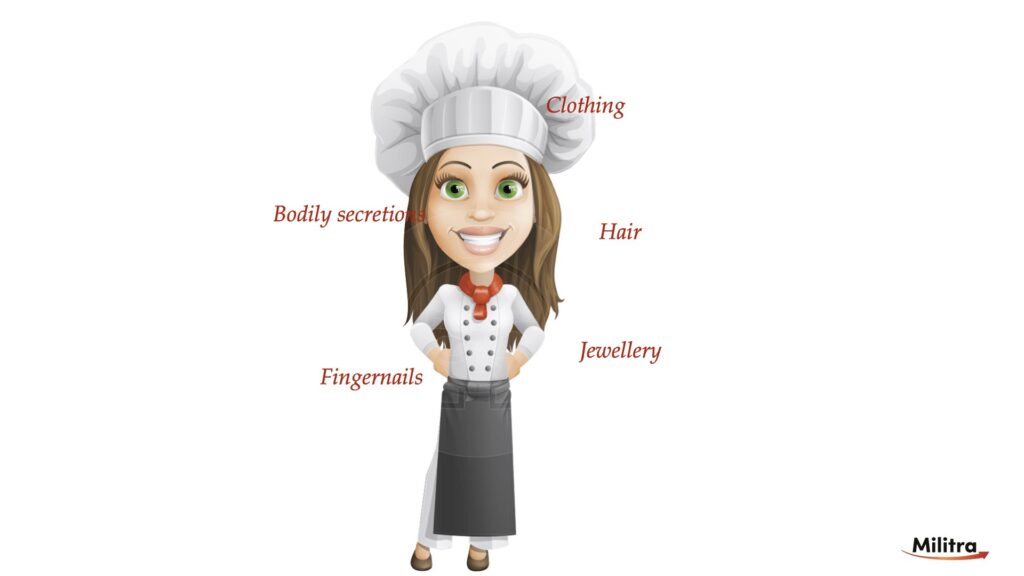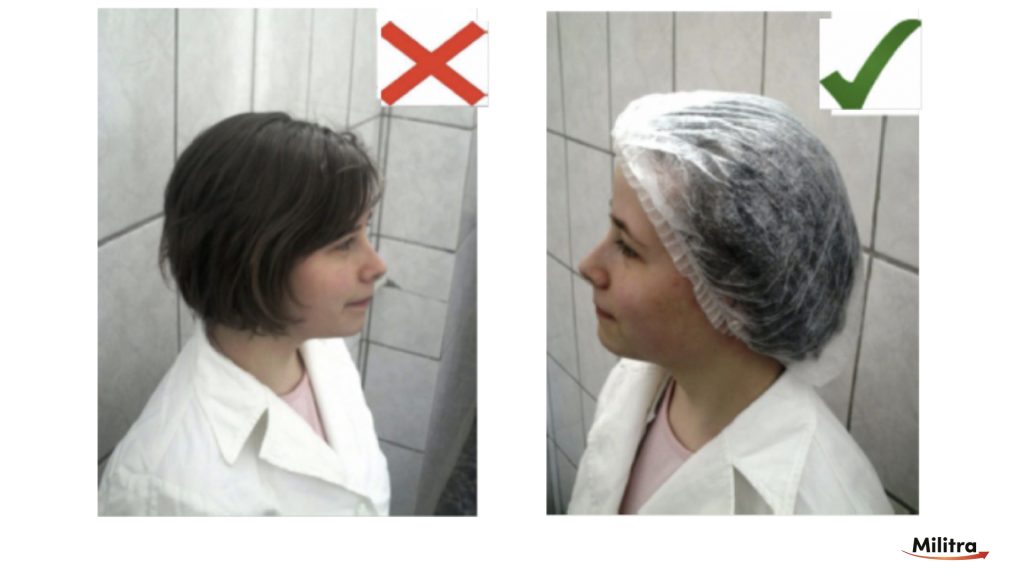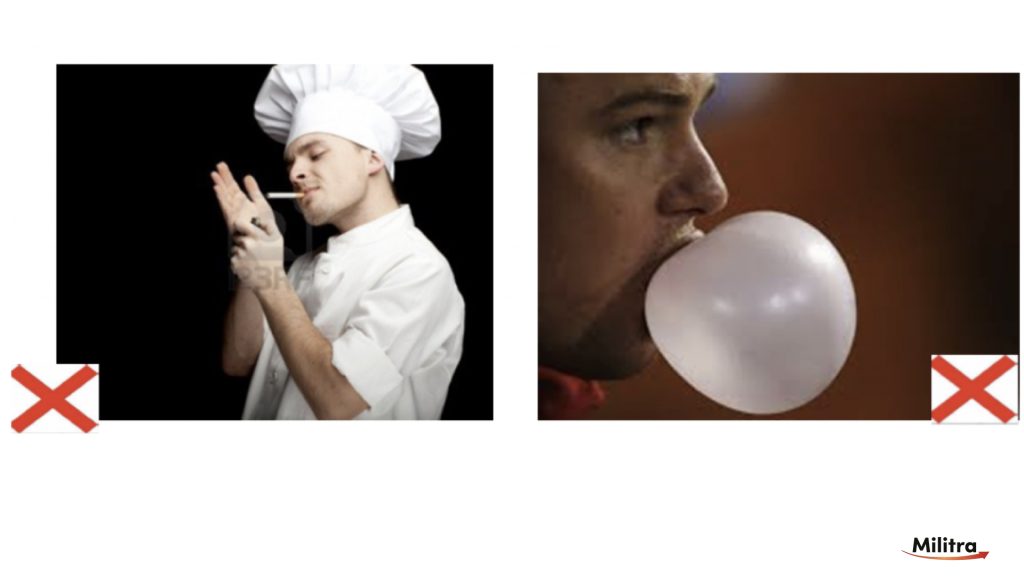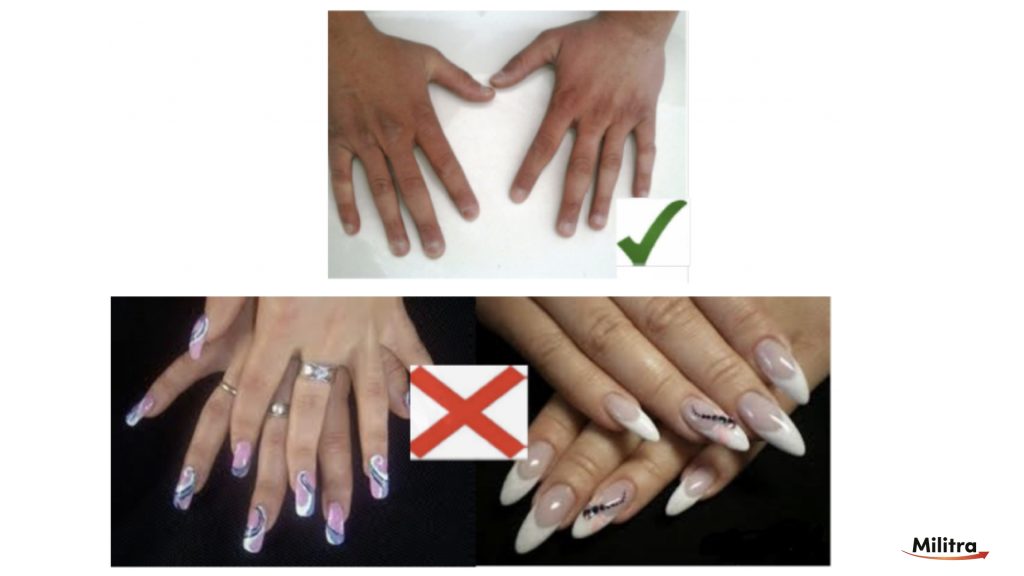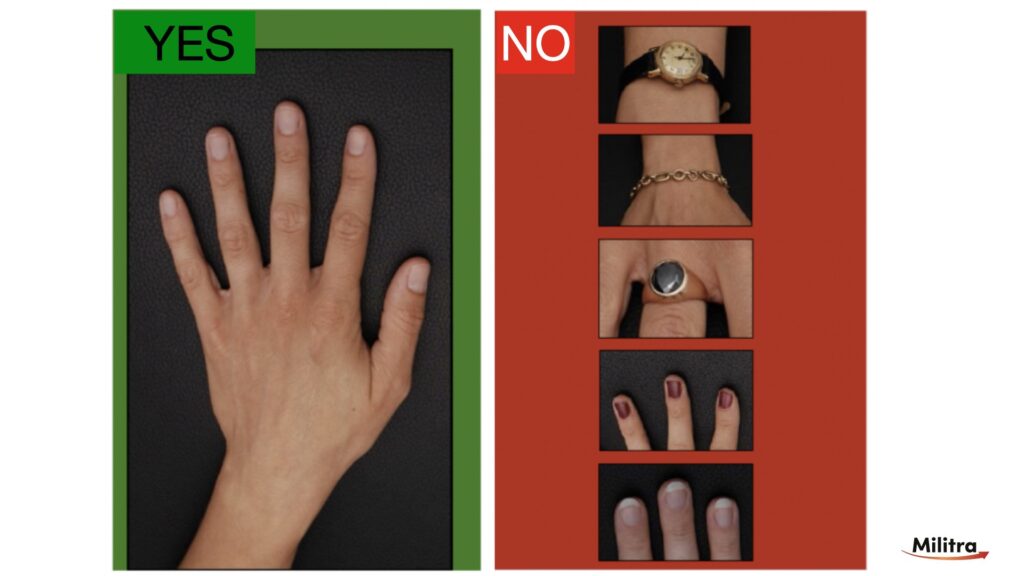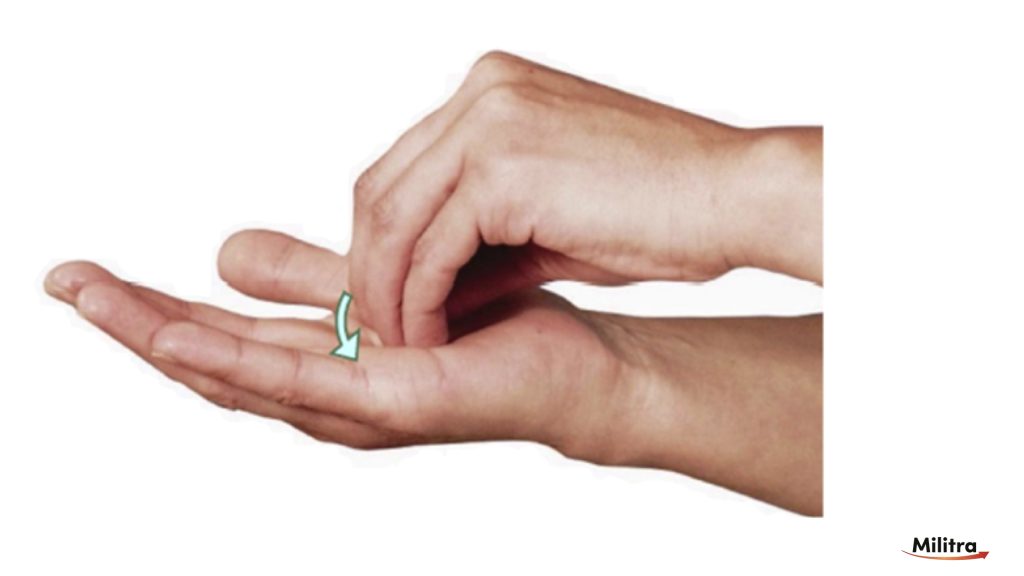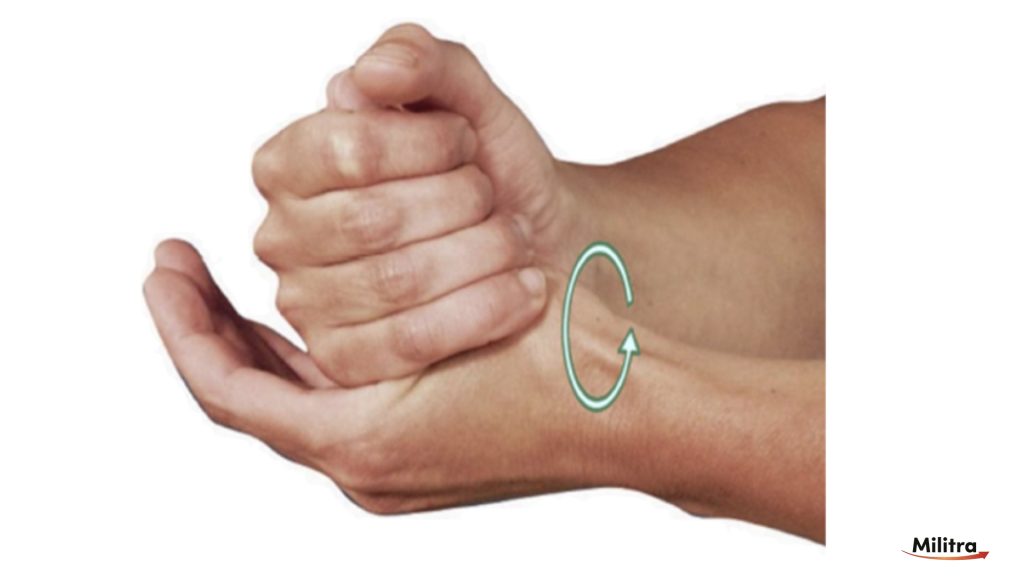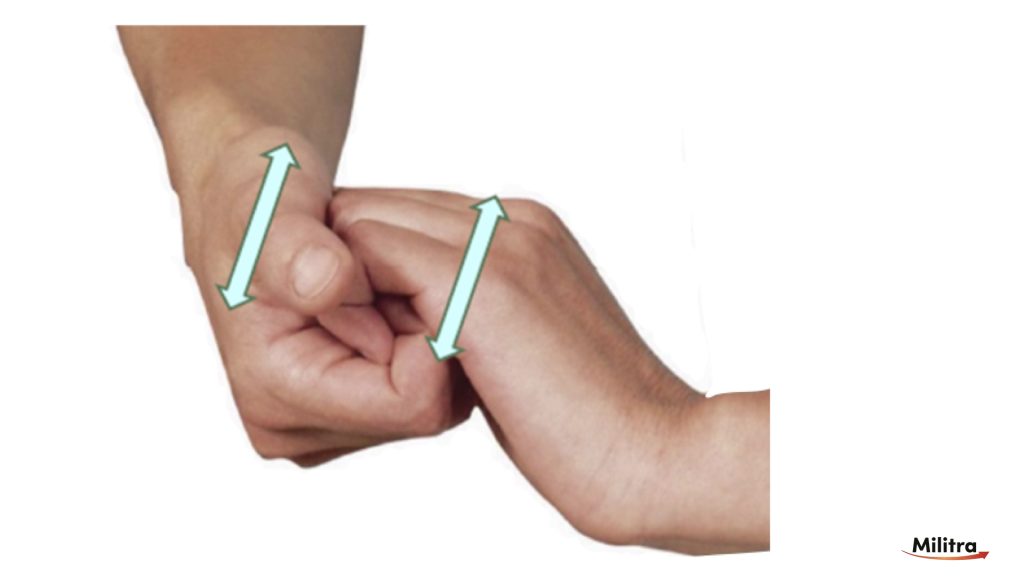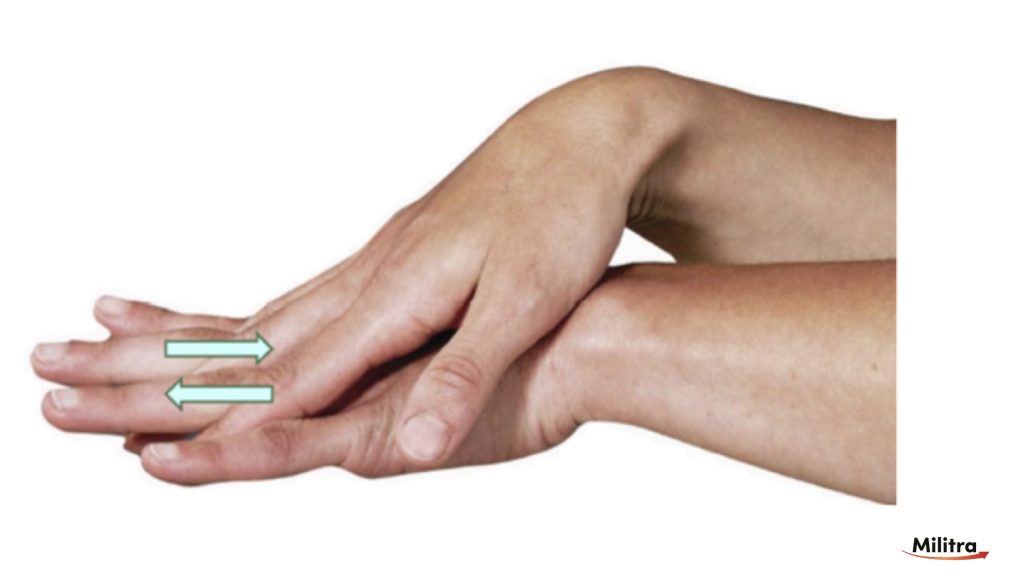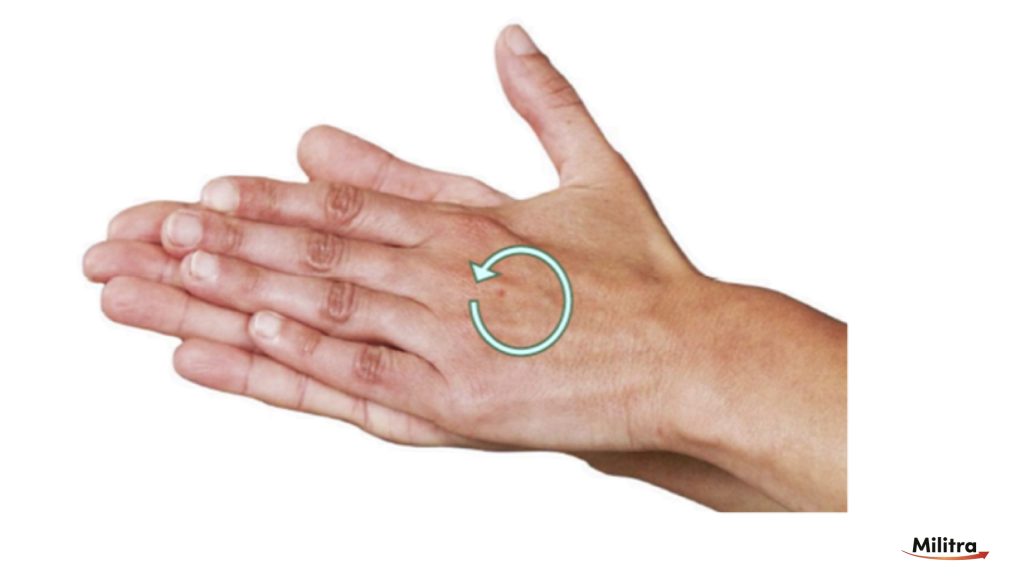Hygiene Of Food Handlers
A food handler must, when engaging in any food handling operation, take all practical measures to ensure his or her body, anything from his or her body, and anything he or she is wearing, does not contaminate food surfaces likely to come into contact with food.
More specifically, the food handler should:
- Avoid direct contact with food, particularly ready-to-eat food.
This may be achieved by using clean tongs or wearing clean disposable gloves.
If choosing to use disposable gloves, the food handler must be sure to change them whenever they become contaminated or whenever a change in process occurs. - The food handler should also avoid unnecessary contact with surfaces likely to come into contact with food. This includes such things as: avoiding direct contact with surfaces of crockery and cutlery that will come into contact with the customer’s mouth or sitting on food preparation benches.
- To avoid anything from his or her body contaminating food or surfaces likely to come in contact with food, the food handler should consider:
Hair – this should be at the very least tied back and if necessary hair nets or hats should be worn.
Bodily secretions – to avoid contaminations from saliva, mucus, blood or sweat the food handler should not:
Fingernails – these should be kept short. Nail polish and other decorations should be avoided so as to prevent them from falling into food. Artificial nails should also be avoided for the same reason.
To avoid anything he or she is wearing from contaminating food or surfaces likely to come in contact with food, the food handler should consider:
Their clothing. Clothing should be clean and where necessary, changed if it becomes contaminated. For this reason, it may be easier to wear aprons or food preparation coats, so they can be changed regularly and removed when visiting the toilet or during a lunch break.
Clothing should also be in good order with no loose items such as buttons or pins that may fall into food.
Jewellery should be avoided or at least kept to a minimum. Jewellery presents a risk as not only may it fall into food but it also acts as a reservoir for bacteria.
Hair clips and Pins present a risk as they may fall into food and therefore should be secured tightly or avoided altogether.
Adhesive dressings and bandages. Bandages and dressings used on exposed parts of a food handlers’ body should be completely covered with a waterproof covering. This is to avoid any seepage from the wound falling into food.
In addition to waterproof bandages it is recommended that bandages and dressings be coloured so that in the event that it was to fall into food it can be more easily located.
Hand washing is an important part of minimising the risk of contamination of food by a food handler.
A food handler must wash his or her hands: whenever they are likely to be a source of contamination. This means hands should be washed:
- before commencing food handling operations
- before working with ready-to-eat foods after handling raw food
- immediately after using the toilet
- immediately after smoking, coughing, sneezing, using a handkerchief or disposable tissue, eating or drinking.
- immediately after touching his or her hair, scalp, mouth, nose or ears.
A food handler must, whenever washing his or her hands:
- Use only the hand washing facilities provided. It is not acceptable to use other sinks such as the food preparation sink or wash up sink.
- The hand wash basin should always be accessible for handwashing and at no time should be blocked off by other items or used for other purposes.
- The food handler must clean his or her hands using soap and warm running water and dry his or her hands on a single use towel. Drying your hands properly is as important as washing them properly. If your hands are still wet, the moisture may allow bacteria to be transferred from your hands onto food or surfaces.
- A single use towel, such as a paper towel, is necessary. If a cloth towel was used, and the last person using the towel did not wash their hands thoroughly, this will allow for the transferring of bacteria onto clean hands.

